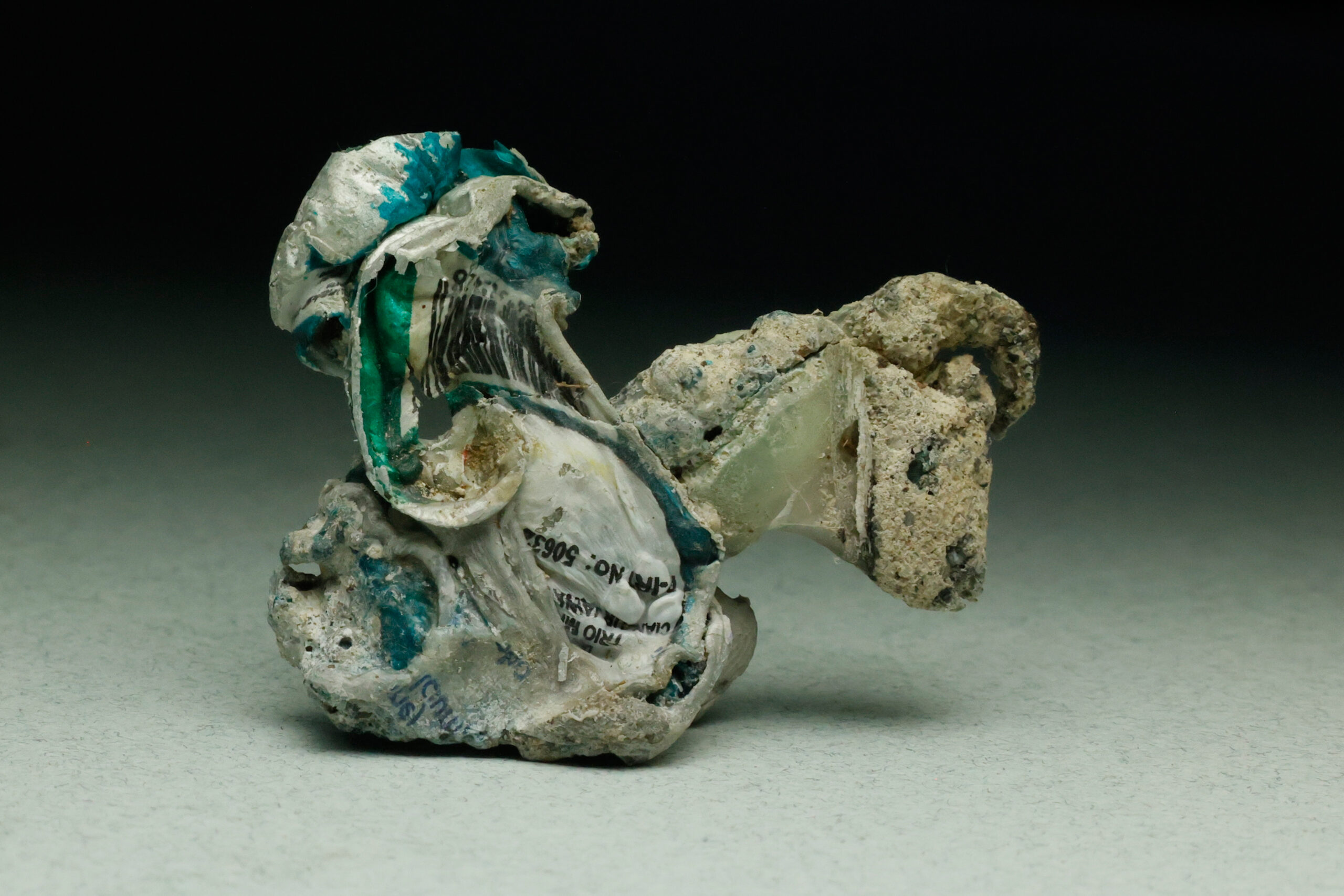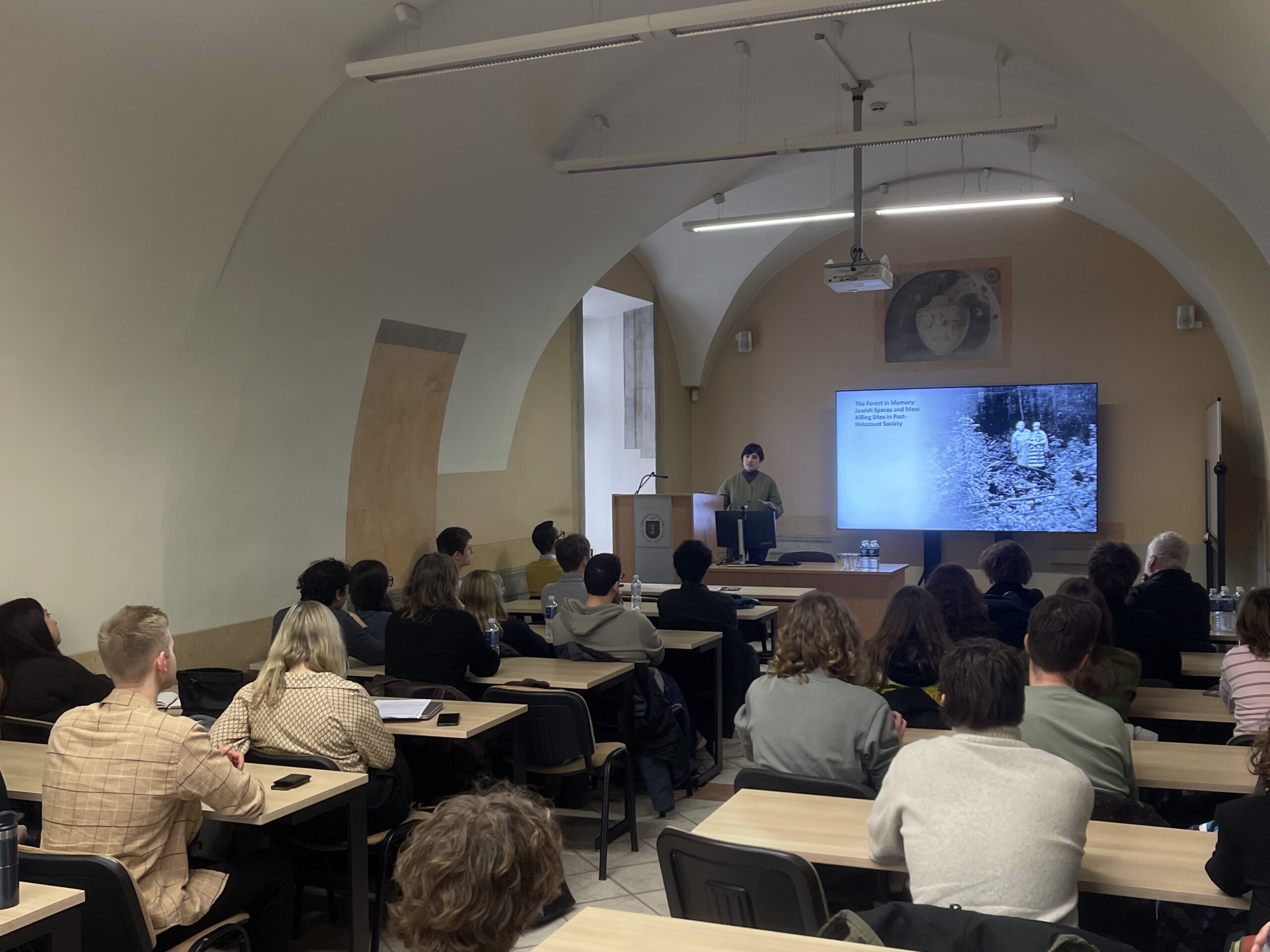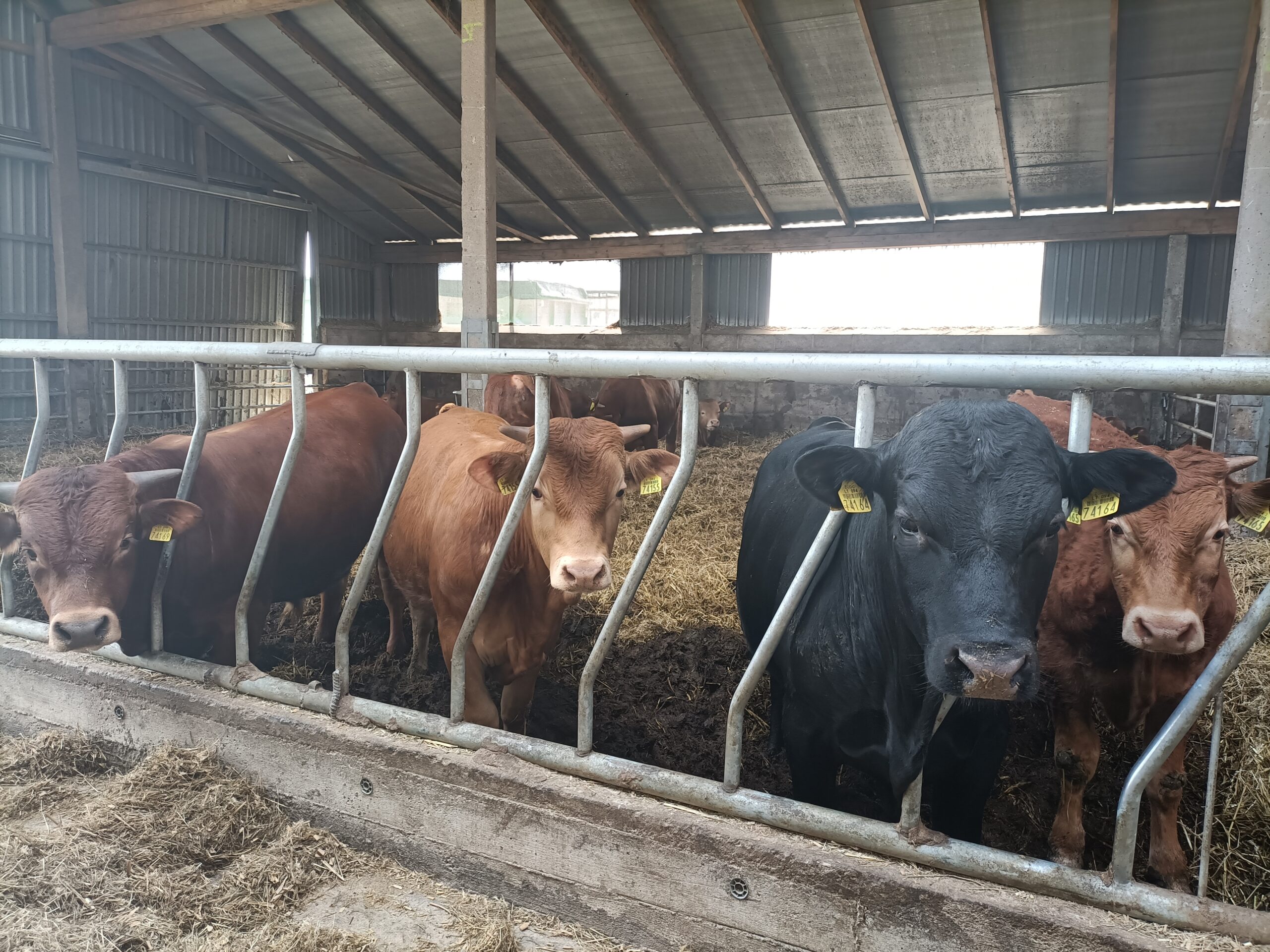“Plasticene” should be the term used to frame the current geological epoch, rather than the “Anthropocene,” states postdoctoral researcher Alice Iacobone, who is about to conclude her stay at PAScapes. Alice’s research, titled Futuring the Plasticene, explores this concept in depth.Speculative Eco-Aesthetics and Material Politics of Plastics (FXPLÆST), explores this hypothesis and tries to answer the question of how plastics are changing our environment and becoming part of ecosystems from a philosophically-informed and future-oriented perspective.
Alice shared that PAScapes offered the perfect framework to investigate plastics as an eco-social challenge and allowed her to consider the difference between authoritarian and post-authoritarian contexts when it comes to plastic politics. Plastics travel across the globe and trace material trajectories that, more often than not, result in forms of waste colonialism. These spatial movements hint at the co-implications between plastic production, plastic waste disposal, and political structures, which she explores by following the hypothesis that authoritarian and post-authoritarian contexts interact with plastic materials in different ways.



